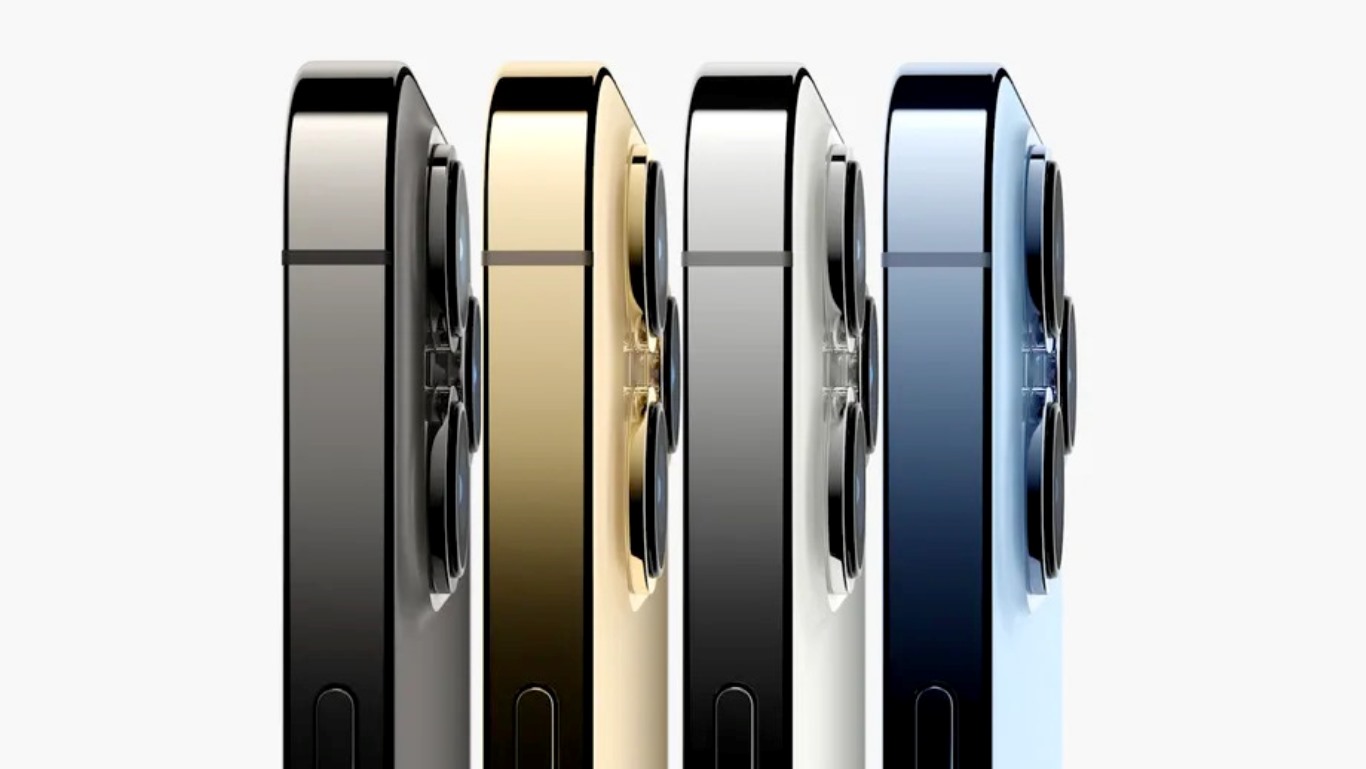Technology
What's Up With Apple: Sinking Snap, No Batteries for Apple Car, and More

Published:

Apple Inc. (NASDAQ: AAPL) didn’t have to do anything on Thursday to become the villain of another story on how the company is about to kill off every other ad-supported business in the world. The latest victims are Snap and Intel.
When the two companies reported quarterly results after markets closed Thursday, Snap lowered its guidance for the fourth quarter. Snap CEO Evan Spiegel said that Apple’s App Tracking Transparency (ATT) feature, introduced in June, had “upended” the ad business and that figuring out how to build back better would take time. He didn’t say how much time.
Snap and other ad-supported businesses first learned about ATT in June of 2020, when Apple said it planned to introduce the feature with iOS 14.5, which Apple delayed until April of this year. When Snap reported second-quarter results in July, the company’s ad business was hardly affected at all, and CFO Jeremi Gorman warned that the company expected a delayed impact from ATT. Investors apparently didn’t pay attention.
As for Intel, Apple’s intention to replace Intel silicon in its MacBook laptops and other products was even less of a surprise. According to Bloomberg, Apple now uses its own M1 chip in three-quarters of its Mac lineup. Intel flubbed in a variety of ways, and that’s not Apple’s fault.
Reuters reported exclusively Friday morning that discussions between Apple and China-based EV battery makers CATL and BYD have stalled after the two firms “refused to set up teams and build U.S. plants that would solely cater to the tech giant.” Reuters cited three people with knowledge of the talks as its sources.
CATL and BYD are the leading producers of a cheaper lithium battery for EVs, the iron-phosphate or LFP battery, that Apple is said to prefer for its rumored Apple Car. BYD already builds LFP batteries at a plant in California but reportedly has passed on Apple’s invitation to build a second plant that would supply only Apple.
Briefly noted:
The chip supply shortage seems to have snared Apple. Bloomberg reported Thursday that orders for iPhone 12, the new iPad mini, new Apple Watch and new MacBook Pro will not be filled until November or December. Analysts’ consensus forecast revenue for Apple’s December quarter is nearly $120 billion, and that number is in jeopardy if Apple can’t get components or get finished goods into inventory to sell.
Google announced Thursday that it is cutting its commission fees for all app subscriptions to a maximum of 15%. Apple reduced its commissions last January to 15% for app developers whose total revenue is less than $1 million. All others still pay 30%. Google is not reducing the 30% commission it charges game developers for app downloads and in-app purchases. Both Apple and Google have no intention of giving in to game developers that are the app stores’ cash cows.
Thank you for reading! Have some feedback for us?
Contact the 24/7 Wall St. editorial team.